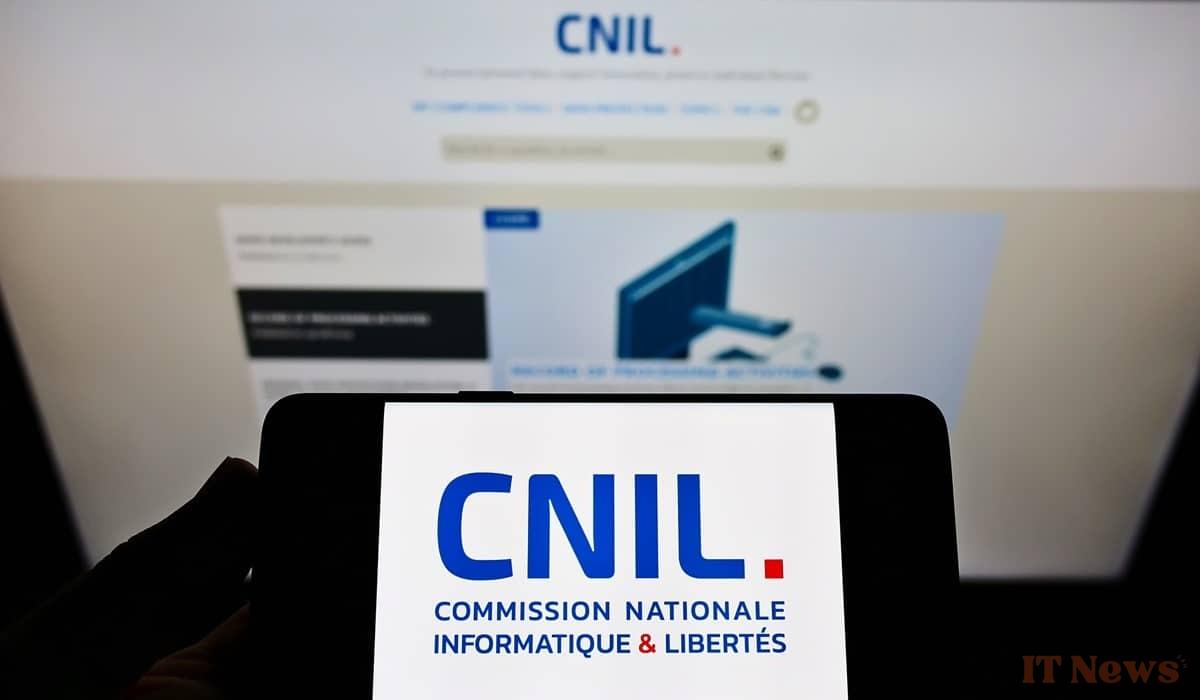The National Commission for Information Technology and Civil Liberties has fined Ledger, a French manufacturer of secure cryptocurrency wallets, €750,000. This sanction follows several personal data breaches that occurred in 2020, which affected many customers and prospects.
Personal data breaches in 2020
In July 2020, Ledger suffered a first data breach affecting approximately one million of its customers. The compromised information included personal contact details such as email addresses, first and last names of users. Just a few months later, a second breach made the situation worse, exposing 273,000 phone numbers and other personal information of customers.
These incidents have led to around fifty complaints filed in France and other European countries. This flood of complaints prompted the CNIL to closely examine the security measures implemented by Ledger. Following these investigations, the commission deemed the company's practices insufficient to protect its users, thus leading to the financial penalty.
The grounds for the CNIL's penalty
The main reason given by the CNIL to impose this fine concerns the duration and methods of data retention. Indeed, Ledger did not comply with the requirements of the General Data Protection Regulation (GDPR), which strictly regulates the management of personal data within the European Union.
According to the results of the investigation, two major points were noted. First of all, the failure to comply with the legal retention period of stored data. Then, the way in which this data should be secured and protected was also called into question. The lack of adequate measures to prevent unauthorized access to sensitive information is a serious breach of the GDPR.
Ledger’s response to the allegations
When questioned by the media, Ledger acknowledged the existence of flaws in its data protection system, but assured that it had quickly corrected the misconfigurations that allowed these leaks. The company underlines its firm commitment to implementing the highest standards of confidentiality and security. It specifies that only details relating to e-commerce activities were compromised, while Ledger products themselves remained secure.
To reassure its customers and maintain trust, Ledger affirms that it continues to evaluate and continually improve its security protocols. The company insists that all necessary fixes were deployed immediately after the incidents were discovered and that clear communication was made to their impacted customers.
Economic and reputational consequences for Ledger
In addition to the €750,000 fine, this data leak case risks damaging Ledger’s reputation. Given the importance of security in the cryptocurrency sector, any breach or negligence can lead to a significant loss of trust among users. As the market is highly competitive, each security incident can prompt customers to turn to other solutions deemed more secure.
Financially, the fine imposed by the CNIL also represents a considerable sum for the company. This financial aspect adds additional pressure to Ledger, which must now redouble its efforts to regain its credibility and ensure its customers an impeccable level of security.
Preventive measures and future recommendations
Faced with this situation, Ledger has taken rigorous preventive measures to avoid the repetition of such incidents. The company focuses on the continuous training of its technical teams, the improvement of security infrastructures and the collaboration with external experts specialized in cybersecurity.
In addition, Ledger plans to strengthen its transparency program, allowing customers to closely monitor the efforts made to guarantee the security of their data. Regular audits are scheduled to verify and rectify any vulnerabilities present.
The impact on the cryptocurrency industry
The incident involving Ledger raises critical questions about the security of cryptocurrency platforms in general. With the rapid rise in adoption of digital assets, the protection of personal information is becoming a major issue. Other companies operating in this sector will need to learn from this event to further strengthen their own data protection systems.
This specific case also shows that regulators such as the CNIL are closely monitoring the cryptocurrency industry to ensure that all entities meet established compliance standards. Regulation around crypto assets is still nascent, but incidents such as those encountered by Ledger could accelerate the implementation of stricter and more uniform rules across Europe and beyond.
The recent events involving Ledger demonstrate the paramount importance of security in cryptocurrency storage. The CNIL sanction serves as a stern reminder to all companies handling sensitive personal data, highlighting the imperative need to scrupulously follow the highest IT security standards.



0 Comments